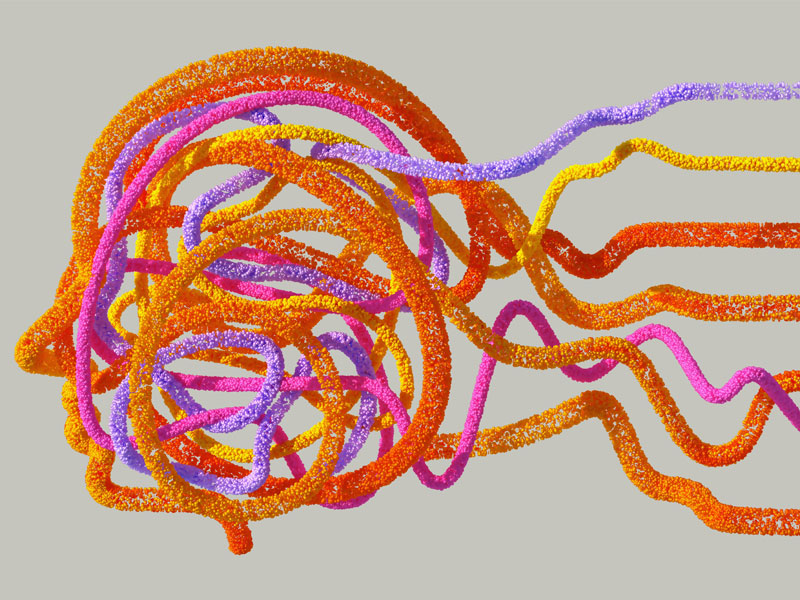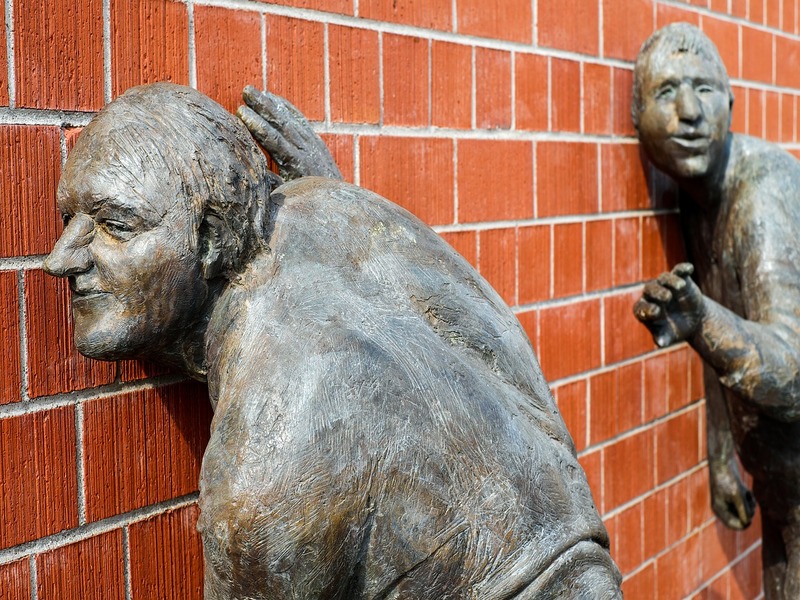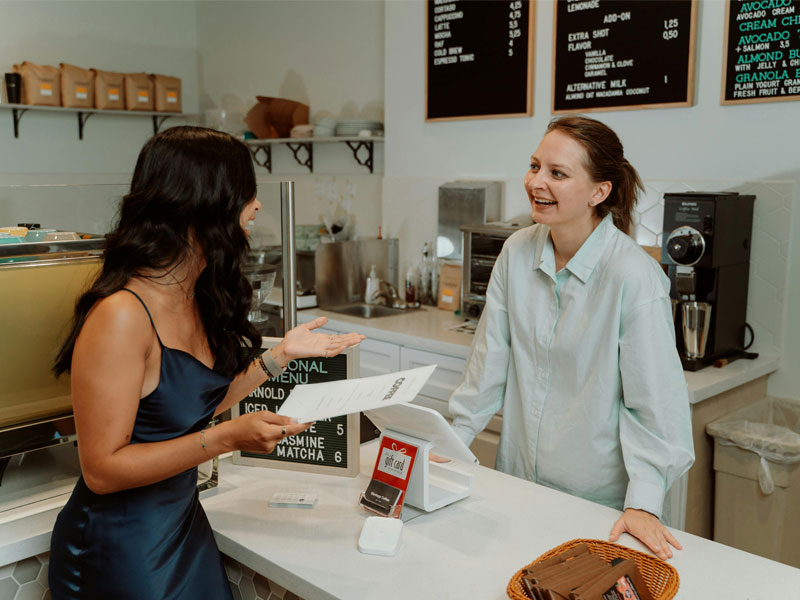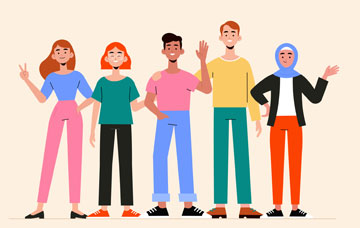Gambling During Lockdown
Published February 05th, 2021

The Australian Institute of Family Studies recently completed a survey of 2,000 active gamblers to understand how their behaviour and/or attitudes toward gambling changed during COVID-19 lockdowns. Almost 1 in 3 survey participants signed up for a new online betting account during COVID-19, and 1 in 20 started gambling online.
However, The University of Sydney has released contradicting results that found nearly three in four participants reported spending less time gambling during the lockdown.
To see how this impacted people, we asked our dedicated research community; how did your gambling habits change during the COVID-19 lockdowns? And did it have a positive or negative impact on you?
Little sway on non-gamblers
Respondents who have never gambled didn’t pick up the habit during the lockdown. Reasons given by members included they thought gambling wasn’t in their best interest or weren’t in a position to gamble even if they wanted to. However, some stated they didn’t gamble but did buy the odd lottery ticket or scratchie, which they didn’t classify as a harmful form of betting.
"I personally don't gamble, but I really think it's a terrible thing to even have the options to do so while in isolation. People get bored, lonely and desperate. Gambling ruins lives."
"If anything it increased just a little with lotto and instant scratch tickets but never more than we could afford to pay certainly not out of hand. Was an easy way to buy gifts etc during lockdowns to buy online lottery tickets and send via email etc. I think it perhaps was more positive than anything because of the fact we could still send as a gift via email made us feel closer to family and friends that we couldn't see at the time."
No building, no betting
For some, the absence of pubs and clubs meant there was no desire to gamble, as there wasn’t an opportunity to do it in a social setting. Whereas others didn’t have the urge to move their gambling online and found the money they saved during lockdown was too good to go back to their old habits once it was over."
"I have a betting account but on review I find I have used it less over the past few months.I think it more prudent to save the money at this time"
"I used to play the pokies about once a week but since covid I haven't been out socially so it wasn’t necessary..."
"I stopped gambling altogether during covid and at first it was because the pubs and clubs were closed but once they opened and I saw the amount of money I was saving I continued to abstain from gambling and realised I was just wasting my money by doing so and that I can use it for bigger and better things and actually have something to show for my hard earned cash."
Boredom builds
Even though the vast majority of respondents hadn’t gambled during the lockdown, they could sympathise with people who looked to gambling as a way to pass the boredom and alleviate stress.
"I do not gamble online anymore, but can see that some people who are at home for extended periods may look to escape the boredom, monotony and turn to online gambling. But turning to gambling as a way to de-stress may easily backfire as gambling doesn't always work to relieve stress."
"I don’t gamble so my habits didn’t change but I can understand why there was an increase. Many people were bored during lockdown or it made them feel less stressed about the situation. Online gambling would be a quick and easy option for them."
So what does this mean?
The lion’s share of respondents resonated with the University of Sydney’s research that gambling had overall gone down during lockdowns. Although it is evident, there is a clear link between accessibility and how likely people are to gamble.
In a year that has provided so much uncertainty, many are reassessing their need to gamble as they double down on spending and focus on saving.
Our latest thinking
AI In Research – What does it mean for Edentify and you?
There is a lot of buzz about AI in the market research industry at the moment. The technology is developing quickly, and it's difficult to keep up with everything that is going on.At Edentify, we have been using AI tools for a number of years. Some are built into our survey platform and you have...
Read moreImprove Your Customer Experience with Voice of the Customer Research
Whether you have an existing VoC program in place, or you are looking to start one, it’s not always easy to know what to do. Here are a few tips to point you in the right direction:1. Ask the Right QuestionsIt all starts with the questions you ask. If you only focus on "How satisfied are...
Read moreVoice of the Customer gives customers a voice. But what questions should we ask them?
There is one topic that is guaranteed to come up in every discussion I have had with a client looking to measure their customer satisfaction: what question should we ask?My answer is usually (like so often in market research): well, it depends.For many years, the common wisdom suggested that Net...
Read moreSample Quality Counts
Good quality sample – making sure you are talking to the right people – is a fundamental of good research. It's the first step in ensuring good quality research and without it, our data is meaningless, or worse, misleading.This is not just an issue when using a research panel –...
Read more


